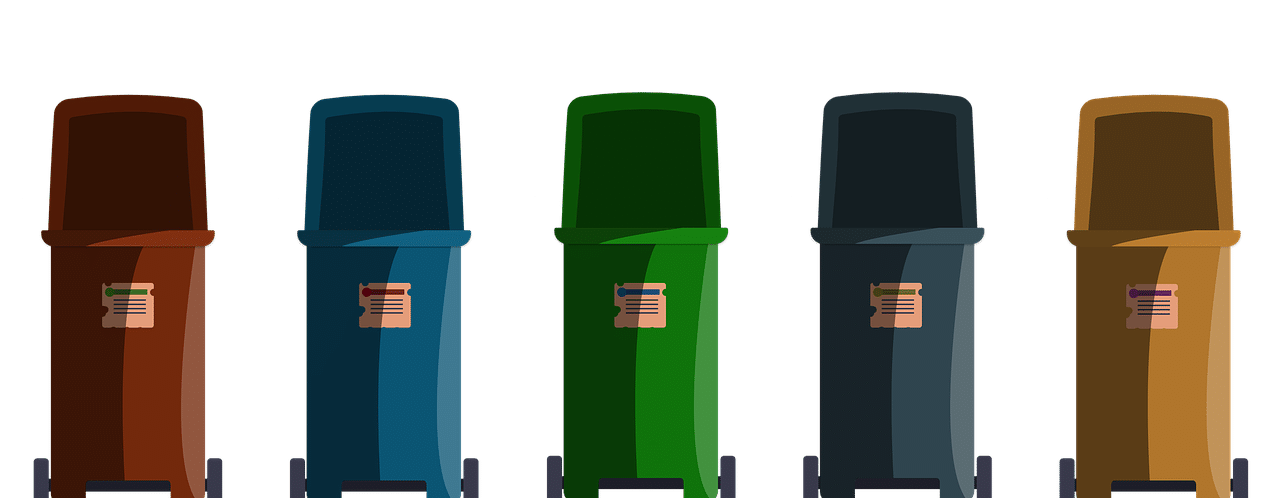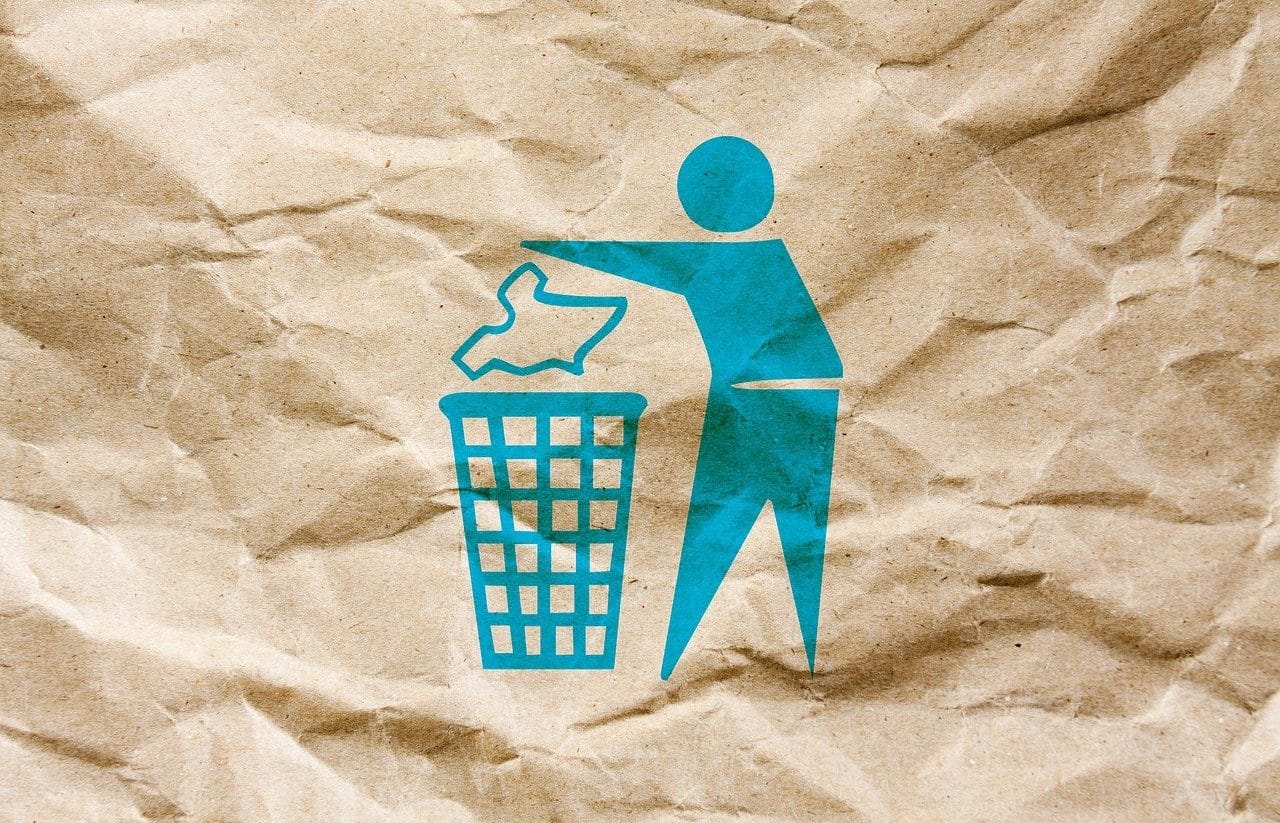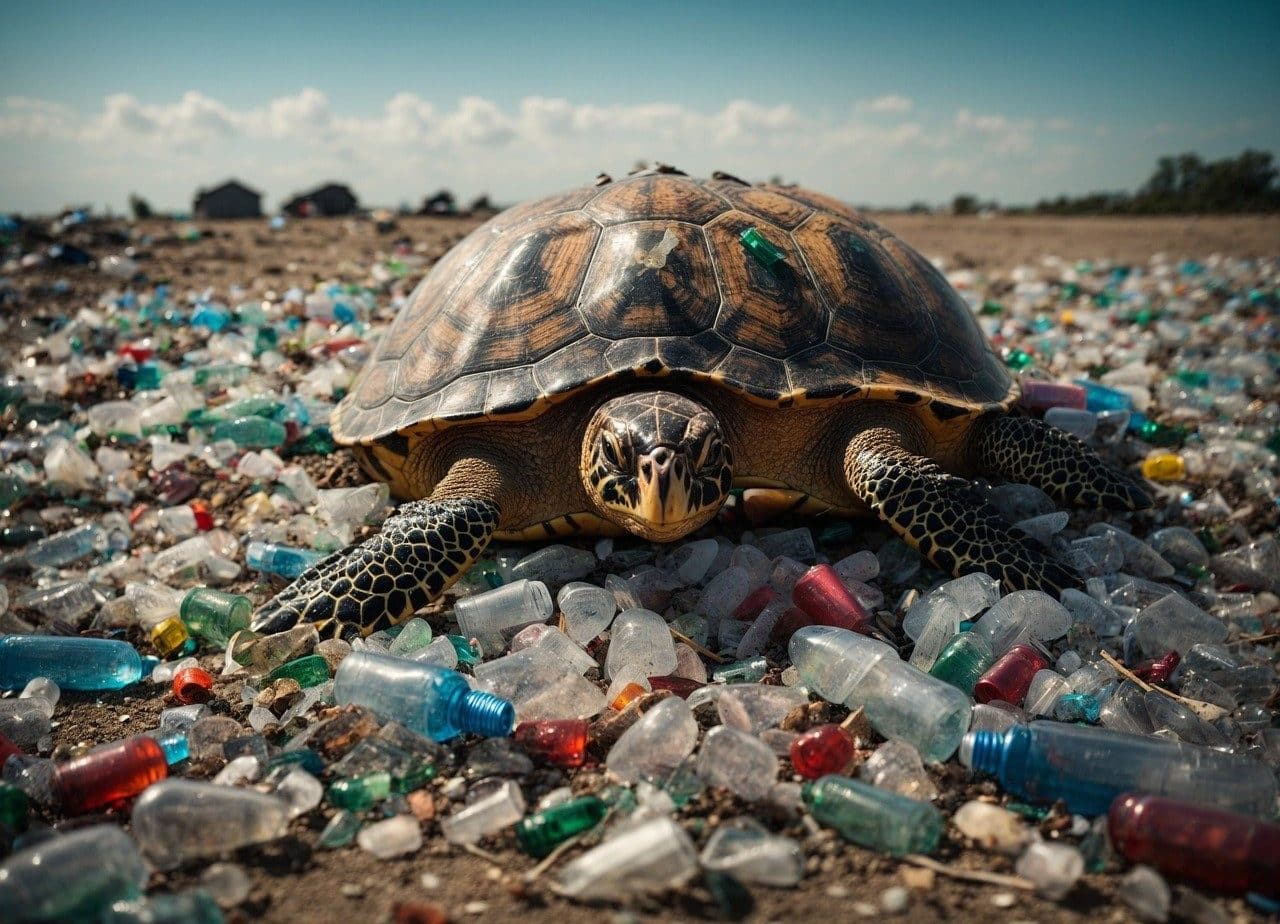
There are containers of different colors to deposit papers and cardboard in them, as appropriate; plastics; glass and organic waste.
Waste management is a process that encompasses ordered actions and strategies to minimize the amount of garbage generated by humans, reduce the percentage of waste and reuse as much as possible to extend or reformulate the useful life of various elements.
Dealing efficiently with waste , both individually and collectively, is necessary and important because it contributes to improving the state of the environment and generates health benefits, in addition to promoting the conscious assessment and use of available resources .
Waste management methods
Different waste management methods are proposed and promoted by environmental organizations and government areas.
First, awareness and training efforts are concentrated to promote reduction at source . The idea, in this framework, is to promote the acquisition of positive habits that aim, simultaneously, at reducing consumption (avoiding purchases of products that do not respond to a basic or essential need) and at reducing waste (the less garbage is collected). occur at home, office, school, crowded places and public spaces, the better).
Reuse is also timely and useful. Whether using an object for the second time for the same purpose for which it was conceived or finding a new use for it, this maneuver even makes it possible to save money and stimulates creativity. A jam jar, for example, can be washed and, once dry, be converted into a container to store small pieces, a pen holder or, if it is painted and decorated with a specific theme, into an ornament to beautify a corner of the room. the house.
Recycling is another of the accepted ways when it comes to managing waste well. Nowadays there are material separation containers that speed up and make paper recycling procedures easier, to name the most common alternative. In any case, we must not lose sight of the fact that there are also organic waste recycling operations and that there are other resources suitable for reuse, such as occurs thanks to plastic recycling and glass recycling .

Through paper recycling it is possible to obtain bags, tablecloths, boxes, trays and even agendas, to list some products for reference.
Composting at home is another advantageous practice to take advantage of organic waste in order to obtain a natural fertilizer . In this procedure, it is necessary to place a tray or container so that the leachate remains there (liquids that arise as organic matter degrades and must be prevented from circulating as they are powerful sources of soil contamination).
Incineration , meanwhile, is taken into account in the treatment of waste with the aim of cutting the thickness and weight of everything accumulated as waste . Something similar occurs with pyrolysis , a means of chemically decomposing multiple elements by exposing a material to elevated temperatures in the absence of oxygen.
Waste Classes
To know how to act in relation to garbage and encourage sustainable development, it is essential to know what types of waste exist and what their characteristics are according to their origin, their capacity for transformation or reuse, their polluting power, etc.
In urban and domestic environments, for example, urban solid waste emerges daily. Paper, cardboard, glass, textiles, food waste (such as the remains of vegetables and fruits) as well as tires, metals and batteries appear in this group that, for reasons of safety and environmental preservation , requires addressing policies and a firm and consistent urban waste management .
Electronic waste , on the other hand, is very harmful to nature, which is why technological devices must be carefully discarded and electronic waste should be given special treatment, always trying to reuse as much of it as possible. Recycling ink cartridges is an excellent option in this context.
Extreme precautions are also required with regard to medical or hospital waste since they contaminate, are very dangerous and can even be sources of infection. It is essential to promote the safe disposal of medications and train how to manage waste arising from activities in hospitals, health centers, laboratories, health care posts, vaccination spaces and doctors' offices.
It should be noted that garbage capable of causing poisoning and a high level of contamination of the air, soil or water, endangering the life of any living being, is classified as hazardous waste .
For universal security and to protect the planet, it is essential that authorities and experts develop the best possible nuclear waste management and proceed to eliminate chemical waste in an effective and risk-free manner.

The plastics and microplastics that reach the ocean endanger the lives of the beings that inhabit marine ecosystems.
Good practices in favor of the planet
Each of us has the opportunity and the possibility of carrying out good practices in favor of the planet . In terms of reducing waste and making the most of the resources available, for example, the greatest ally is recycling .
Adhering to packaging return programs and commitment to the circular economy also make us responsible consumers committed to sustainability .
